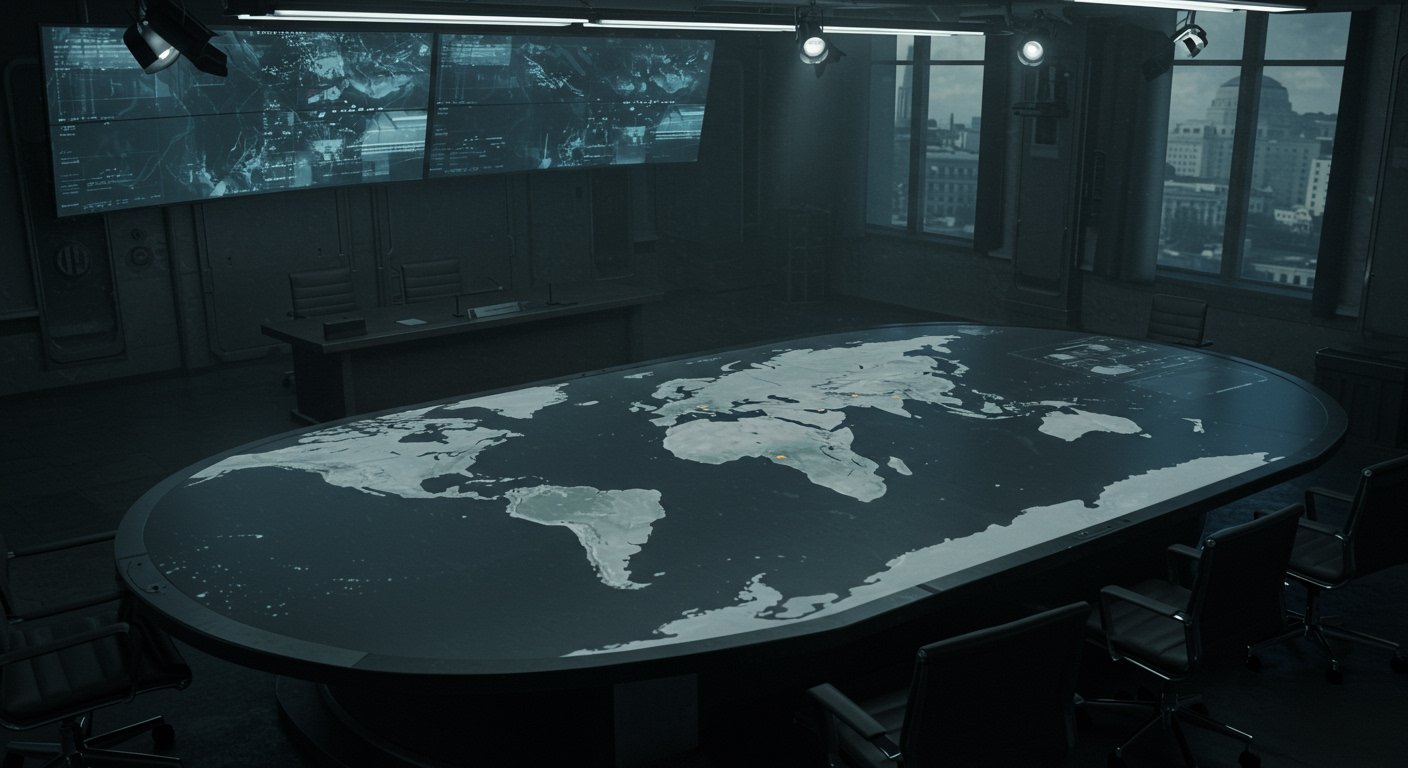BRUSSELS – European Union leaders converged on Brussels on Thursday, March 6, 2025, for an emergency summit convened to address critical questions surrounding the continent’s security architecture and the continued imperative of supporting Ukraine. The urgent gathering was prompted by growing concerns within the bloc regarding the potential trajectory of United States security support, particularly under the prospect of a future presidency held by Donald Trump.
The high-stakes meeting underscored the profound strategic implications of a potential shift in transatlantic relations and the necessity for the EU to bolster its own capabilities. The explicit objectives of the talks were twofold: to significantly strengthen the EU’s collective security capabilities and to ensure the adequate protection of Ukraine in the face of ongoing aggression.
Addressing the Strategic Shift
The decision to hold an emergency summit reflects a palpable sense of urgency among EU member states. For decades, European security has been underpinned by the transatlantic alliance, with the United States playing a pivotal role. However, the prospect of the U.S. potentially reducing its commitments has forced European capitals to confront the necessity of greater self-reliance. Leaders gathered to discuss how to accelerate this process, examining areas such as increasing defense spending, enhancing joint procurement of military equipment, and developing a more integrated European defense industry capable of meeting the continent’s needs independently.
The concerns about waning U.S. support are particularly acute in the context of Russia’s continued war against Ukraine. Should U.S. military and financial aid diminish, the burden on European nations to provide Kyiv with the resources necessary to defend itself would become even more significant. The summit aimed to consolidate EU strategy on this front, ensuring a sustainable and sufficient flow of assistance to Ukraine, encompassing military hardware, financial aid, and humanitarian support. The concept of providing “adequate protection” implies a commitment not merely to sustaining Ukraine’s resistance but to ensuring its long-term viability and security.
Strengthening EU Security Capabilities
The discussions on strengthening the EU’s own security capabilities delved into practical measures and long-term strategic vision. Leaders explored avenues for improving military mobility across the continent, enhancing cyber defenses, and boosting resilience against hybrid threats. A key element involved examining how to better coordinate national defense planning and potentially develop shared strategic assets. The conversation also touched upon the complex interplay between EU defense initiatives and the role of NATO, particularly for member states that are part of both organizations. The consensus appears to be growing that a stronger European pillar is essential, regardless of the future orientation of U.S. foreign policy.
Accelerating the production of ammunition and military equipment within Europe was another critical point of discussion. The conflict in Ukraine has highlighted existing shortfalls in production capacity, and leaders considered joint investment schemes and regulatory adjustments to ramp up output. The aim is to create a more robust and responsive European defense industrial base capable of meeting both the needs of EU member states and providing sustained support to Ukraine.
Implications for Ukraine Aid
Ensuring Ukraine’s adequate protection remains a top priority for the European Union. The discussions centered on mechanisms for providing predictable, long-term financial and military assistance. This includes exploring options for utilizing frozen Russian assets, establishing dedicated funding facilities, and streamlining the delivery of military aid. Leaders acknowledged that the ability of Ukraine to withstand Russian aggression is inextricably linked to the sustained and unified support from its partners, particularly from within Europe. The summit aimed to reaffirm the EU’s unwavering commitment to Ukraine’s sovereignty and territorial integrity, signaling to both Kyiv and Moscow that European support would continue, irrespective of potential shifts elsewhere.
This emergency summit represents a pivotal moment for the European Union, forcing the bloc to take more direct responsibility for its security in a volatile geopolitical landscape. The outcomes of these discussions are expected to shape EU defense policy and its relationship with key international partners for years to come.
In Other Developments
Also generating significant attention around the time of the EU summit was the case of Tahawwur Rana. Accused in connection with the 2008 Mumbai terror attacks, also known as 26/11, Rana has filed an urgent appeal with the U.S. Supreme Court. His appeal seeks an emergency stay to halt his pending extradition to India. Rana’s legal challenge cites health grounds, with his representatives arguing that due to his medical condition, he would not survive long enough to face trial should he be sent to India. The appeal introduces a new legal twist in the long-running extradition battle, highlighting the complex international dimensions of the case separate from the security concerns dominating the EU discussions in Brussels.










